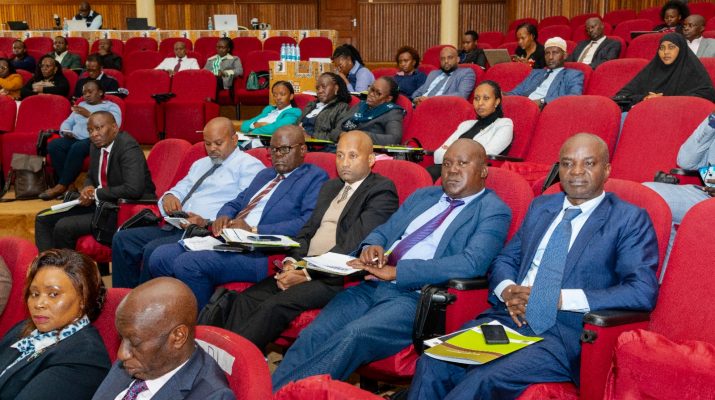By Alice Njeri
The Ethics and Anti-Corruption Commission (EACC), through its training arm, the National Integrity Academy (NIAca) and in collaboration with the United Nations Office on Drugs and Crime (UNODC) and the European Union’s Programme for Legal Empowerment and Aid Delivery in Kenya (PLEAD II), convened a high-level stakeholder dialogue and capacity-building workshop on financial investigations and asset recovery.
The intensive training forum took place at the Kenya School of Government and brought together a wide array of law enforcement stakeholders from across the country.
“Over 100 law enforcement officers from across Kenya have come together to enhance their skills in tracing and recovering proceeds of crime,” said EACC through a statement on X.
The officers are undergoing specialized training aimed at equipping them with advanced skills and knowledge in the detection, tracing, and recovery of proceeds obtained through criminal activities.
Speaking on behalf of the EACC, the Director of Ethics and Leadership, Fellow of the Certified Public Accountants (FCPA) John Lolkoloi, underscored the critical importance of inter-agency collaboration in addressing complex financial crimes.
“This workshop, which aligns with the broader objectives of the PLEAD II initiative and UNODC’s Global Programme, is tailored to provide cutting-edge tools and methodologies for combating financial crimes, including money laundering, terrorism financing, and organized criminal enterprises,” continued EACC.
Through this collaborative initiative, the EACC, UNODC, and EU PLEAD II aim to build a stronger and more cohesive national response to corruption and economic crimes. The ultimate goal is to secure national development and security by ensuring that illicit assets are traced, seized, and returned to public use.

